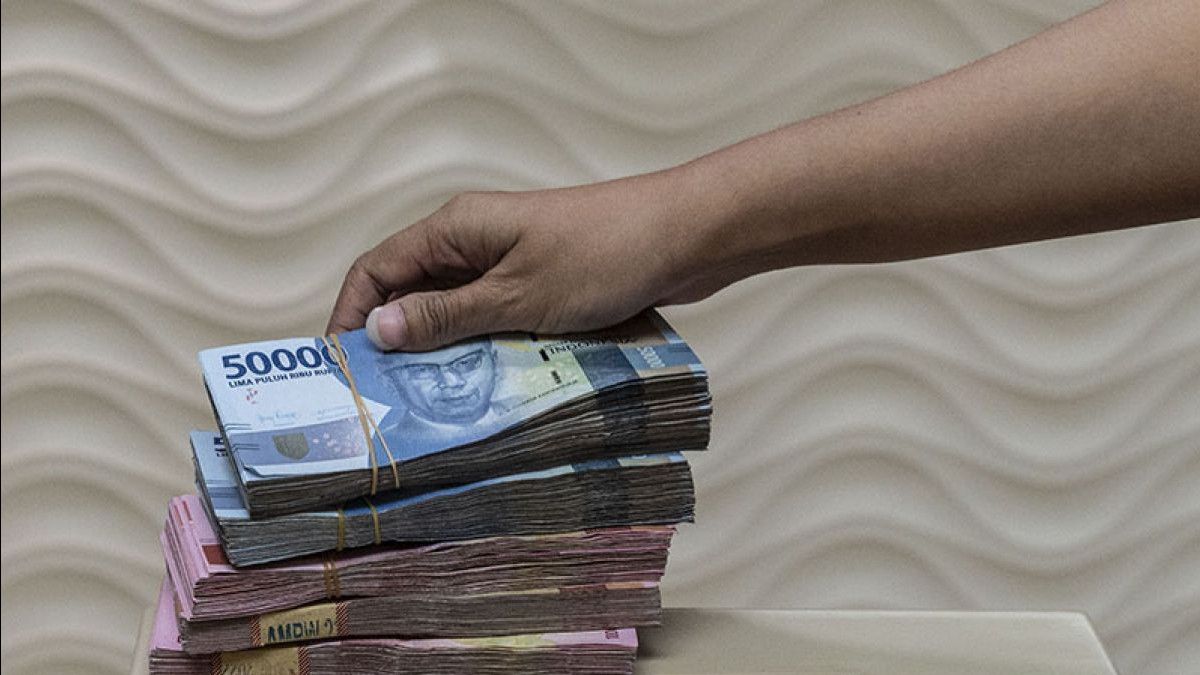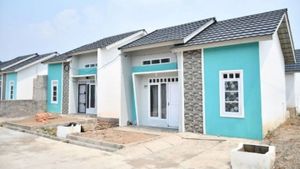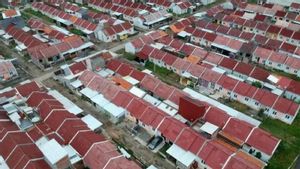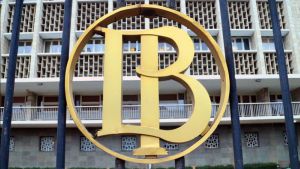JAKARTA - Labor observer from Airlangga University, Hadi Subhan, assesses that the salary policy for private workers to civil servants (PNS) which will be cut by 3 percent to be put into the Public Housing Savings (Tapera) is very burdensome, especially for low-income workers.
"Requiring workers to take part in tapera is very burdensome, especially for workers on minimum wages," told VOI, Wednesday, May 29.
Apart from that, Hadi believes that the policies issued by the government are of very little benefit to the community because the deductions from the fees collected will not be enough to buy a house.
"The benefits are also very small, where as a result of deductions from contributions and fertilizer, you won't be able to buy a house. So the harm is greater than the benefits," he said.
According to Hadi, the policy issued by the government regarding tapera contributions is that it is better for these contributions to be made non-compulsory or voluntary rather than mandatory with cuts of 2.5 percent and 0.5 percent for companies.
Apart from that, Hadi said that this policy would be very burdensome for various parties, both workers themselves and business actors.
"It's better to do it voluntarily. Besides that, there is also a burden for entrepreneurs of 0.5 percent, which also adds to the heavy burden on entrepreneurs," he explained.
Meanwhile, according to Hadi, middle and upper class workers are not of great benefit because most of these workers already have their own homes.
Hadi assesses that the effectiveness of cutting Tapera contributions for private workers will really depend on the company. Meanwhile, ASN, TNI and Polri can be adjusted.
"If the cuts are effective, for private workers it really depends on the goodwill of employers, but for ASN, the government can force them to settle," he concluded.
For information, President Joko Widodo stipulated Government Regulation Number 21 of 2024 concerning amendments to Government Regulation (PP) Number 25 of 2020 concerning Public Housing Savings (Tapera).
In Article 15 paragraph 1 PP 21/2024, it is regulated that the amount of participant savings is set at 3 percent of the salary or wages for employee participants and income for independent employee participants.
Meanwhile, in paragraph 2, the amount of participant savings as referred to in paragraph (1) for employee participants is borne jointly by the employer at 0.5 percent and the employee at 2.5 percent. This rule generally does not only apply to private workers but also regulates ASN, TNI and Polri who are paid directly by the state.
SEE ALSO:
Meanwhile, Tapera contributions for workers who receive salaries or wages originating from the state treasury will be regulated directly by the Ministry of Finance through joint coordination with the Ministry of State Apparatus Empowerment and Bureaucratic Reform.
Meanwhile, Tapera contributions from BUMN, BUMD, BUMDes and private employees will be regulated by the Ministry of Manpower. Then, independent workers will be regulated directly by BP Tapera.
Meanwhile, several main things regulated in Government Regulation Number 21 of 2024 regulate provisions including the authority to regulate Tapera Membership by the relevant Ministry, as well as the separation of funding sources between Housing Financing Liquidity Facility (FLPP) funds and Tapera funds.
BP Tapera was formed based on Law Number 4 of 2016 concerning Public Housing Savings, which is further regulated through Government Regulation Number 25 of 2020 concerning the Implementation of Public Housing Savings, with the aim of collecting and providing sustainable, long-term low-cost funds for housing financing in order to meet housing needs. feasible and affordable for participants, and has the function of protecting participants' interests.
BP Tapera carries out the mandate of distributing savings-based housing financing based on mutual cooperation.
Apart from that, participants who fall into the Low Income Community (MBR) category can get benefits in the form of Home Ownership Credit (KPR), Home Building Credit (KBR), and Home Renovation Credit (KRR) with long terms of up to 30 years and fixed interest rates. below market interest rates.
The English, Chinese, Japanese, Arabic, and French versions are automatically generated by the AI. So there may still be inaccuracies in translating, please always see Indonesian as our main language. (system supported by DigitalSiber.id)










